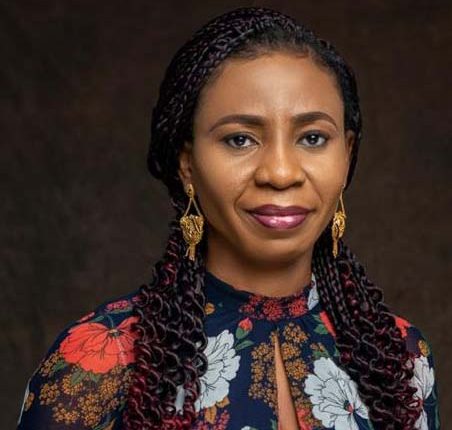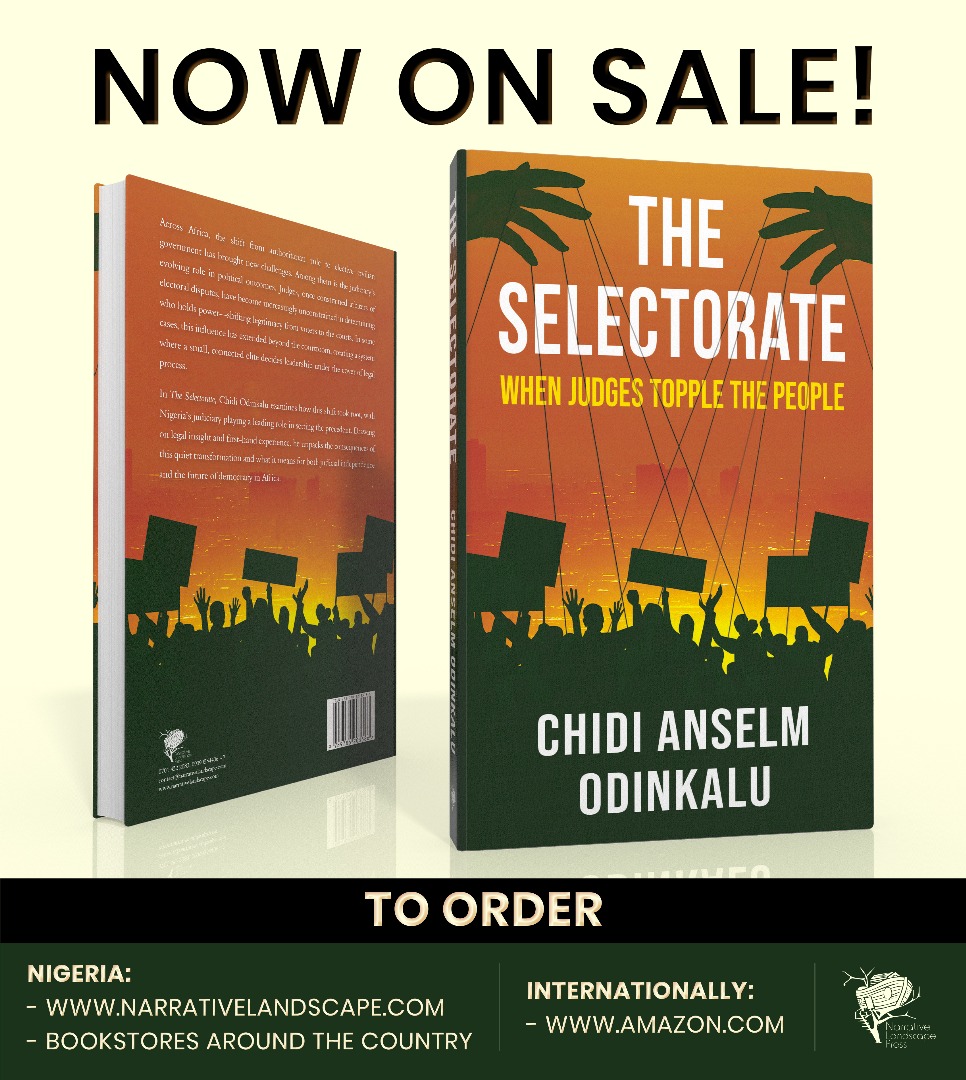It set out to probe the past, seek truth in every corner of the land, reconcile those who felt alienated, heal the wounds of the past and restore harmony in the country. The Human Rights Violations Investigation Commission (HRVIC) popularly called Oputa Panel, started with so much hype and verve.
For nearly one solid year – precisely from October 23, 2000 to October 18, 2001, television stations treated Nigerians to what some called a circus, a jamboree, Oputa home video, and many other names. But, then a lot of issues came to the fore while the panel’s assignment lasted.
Not a few took the event seriously. Spellbound, and gripped by the riveting testimonies, many a Nigerian spent mornings and afternoons glued to their television sets and sleepless nights watching the replay of the proceedings. Every day from 9.00 am till evening, the main auditorium of Women Development Centre, Abuja was packed with petitioners, journalists, and people from all walks of life. Memoranda upon memoranda were submitted. About 10,000 victims’ recollections were received. The same scenario was replicated in several other major cities in the country, including Lagos, Port Harcourt, Kano and Enugu where the panel also sat. Twenty years after Oputa panel, the rift, and the yawning wound on various nationalities in Nigeria appear to be worsening. The question is: how prepared is the country to repair the crack, and heal the gaping wound? How sincere is the now famous “Nigeria’s unity is sacrosanct” often touted by politicians?
From police and soldiers brutality to unconscionable impunity in governance and insecurity. Can the country survive the sustained battering on every side by sundry issues that are not only dividing but pitching each ethnic nationality against the other? Bishop Matthew Hassan Kukah, who was secretary of that Commission, expressed grave concerns in his speech during Nigeria’s 60th independence anniversary. He said: “The motto of our dear nation reads: Unity and Faith, Peace and Progress. Today, where is Nigeria’s Unity? Today, who has Faith in Nigeria? Today, where is the Peace? Today, where is the Progress?
“The whole world stood with Nigeria sixty years ago expecting us to lead Africa and beyond. TIME Magazine on December 5th, 1960 made our Prime Minister its Man of the Year. No black person had ever been conferred with this honour. Where are we today with that trust?”
As the public hearings of the famous Oputa Panel wound up on Thursday October 18, 2001, Chairman of the panel, Hon. Justice ChukwudifuOputa, in his keynote address, made some pertinent statements. He warned for instance that the “simmering discontent” among the nationalities must not be allowed to fester.
According to him, “each ethnic group feels marginalized. From the memoranda and evidence from these groups, it became apparent that there exists a simmering discontent which should not ever be allowed to boil over. The challenge then is to find an answer to this dreadful fiend called marginalisation. And find an answer Nigeria must…”
It’s been 20 years since these statements were made and little has changed. If anything the situation seem to have deteriorated. On 1st October 2020, when Nigeria marked its 60th independence anniversary, more questions arose about the country’s achievements in the past years, the basis for its unity and whether there have been reconciliations across the divide 50 years after the Nigerian civil war which according to the United Nations, claimed two million lives, mainly women and children.
The heightened discontent among different groups in the country today confirms Justice Oputa’s 20 years old prediction. Presently, the country is bedevilled with fallouts from the recent nation-wide #ENDSARS protests. As it stands Nigeria’s fragile unity is faltering badly. Government must rise to the occasion and restore the faith of Nigerians in Nigeria.






коли закінчиться війна коли закінчиться війна в україні 2022 скільки може тривати війна в україні
Фільм Бетмен дивитись онлайн Дивитись онлайн Бетмен Дивитись фільм Бетмен
http://bit.ly/legenda-destan-vse-serii
https://bitbin.it/xUNGaaQL/
https://t.me/holostyaktntofficial2022
Гарри Поттер и Дары Смерти
Во все тяжкиеё
12 лет рабства
Охотник на лис
Человек-паук Вдали от дома
Скажене Весiлля 2
На пятьдесят оттенков темнее